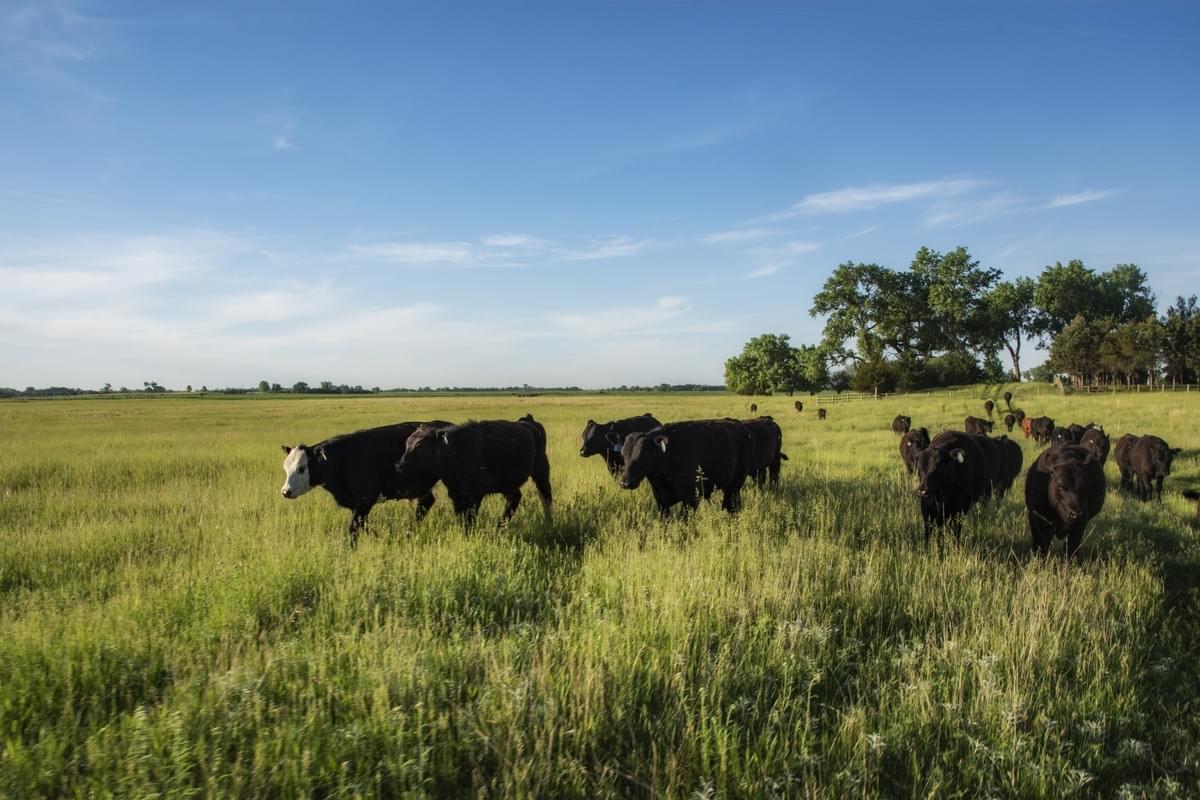
Not only is grass-fed beef better for your cattle, but it's also better for you as a consumer. Grass-fed beef contains more omega-3 fatty acids, conjugated linoleic acid (CLA), and antioxidants than grain-fed beef, meaning that it's not only better for your health but also for your cattle and their environment. Here are three benefits of grass-fed beef that might just convince you to make the switch.
Grass-fed beef is more sustainable and creates a better nutritional profile than grain-fed beef. These cattle are also better at fending for themselves in rough environments, which means less stress on farmers, who have to work harder to keep their cattle healthy and content. Studies have shown that grass-fed beef also has a higher omega-3 content than grain-fed beef, making it healthier. All of these benefits come with one downside: your cattle will need more space! If you're living in Atlanta, Georgia, or anywhere else where land is scarce, you may be wondering how you can give your cattle all the room they need. Luckily there are still options for people like us! The best option we've found so far is leasing farmland from neighbouring farms.
The health benefits of grass-fed beef are substantial. There's less E. Coli contamination, which means a lower risk of foodborne illness. Plus, grass-fed beef tastes better and has improved omega 6 to omega 3 ratios (more on these benefits later). Additionally, pastured cattle produce more antioxidants than their feedlot counterparts. In Atlanta, GA, there are plenty of resources that can help you find grass-fed beef near you. For those looking to invest in pasture-raised, organic beef from cattle born and raised on open pastures, look no further than Atlanta, Georgia. This region produces great-tasting meat and dairy products with amazing taste.
This area's climate and weather conditions create a grass growing year-round - perfect for large herds of animals. Unlike most other states, livestock breeds are not restricted to fenced grazing. As a result, cattle are free to roam open areas and graze throughout the day. It's a well-known fact that cattle raised on factory farms often suffer from a life of pain and misery. Whether they are confined in cages or confined to concrete feedlots, it can be difficult for these animals to stand, walk, and make use of their limbs. They are crammed by the thousands into dirty feedlots and filthy pens with no room to roam free or get much-needed exercise. But there is an alternative: you can raise your beef cattle on grass-fed pasturelands where they can run, play, graze, explore, and socialize freely! Visit the grass fed beef atlanta georgia website today to get more advantages of grass fed beef.
The United States Department of Agriculture (USDA) reports that beef products from grass-fed cows contain lower levels of saturated fats than those produced on a corn or grain diet. Compared to conventionally raised cattle, grass-fed cattle consume fewer antibiotics, have a lower risk of E. coli and Salmonella, and have less saturated fat in their meat. These benefits are often costlier than conventional beef, though, and some would argue that it doesn't necessarily taste better. With no grains to give them energy, grass-fed animals need to be slaughtered manually so they can be bled out immediately, or they will not become unconscious fast enough during processing.
